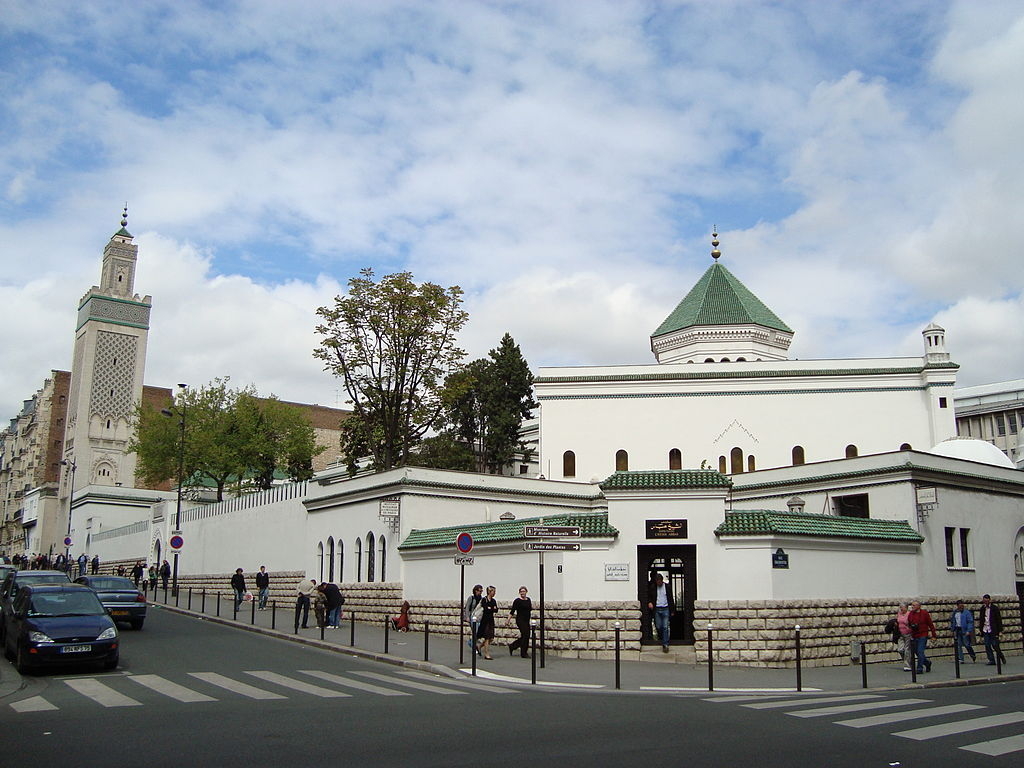by Lloyd Billingsley
What did the ex-CIA boss know about Obama's 1981 Pakistan trip - and the attempt to cover it up in 2008?

John Brennan became head of the Central Intelligence agency in 2013 and after leaving in 2017 he retained his security clearance, which President Trump recently revoked. Brennan is threatening a lawsuit, a prospect that delights the president’s lead lawyer.
“I’d volunteer to do that case for the president,” Rudy Giuliani told Fox News. “I’d love to have Brennan under oath for I don’t know how many days, two or three days? We’ll find out about Brennan.” As the former New York mayor is doubtless aware, there is plenty to find out. Consider, for example, Brennan’s role in the famous passport case.
Back in 2008, State Department contractors “unnecessarily reviewed” the passport file of Illinois Senator Barack Obama. The breach came without the knowledge of Secretary of State Condoleezza Rice, who called the senator to apologize. “I myself would be very disturbed if I learned somebody had looked into my passport file,” Rice told reporters.
According to the State Department, two of the contract employees were fired for the security breach and a third was disciplined but remained on the job. The department did not reveal the identities of the employees nor what they might have been looking for in the presidential candidate’s passport file. On the other hand, some information did emerge.
“The CEO of a company whose employee is accused of improperly looking at the passport files of presidential candidates is a consultant to the Barack Obama campaign,” CNN reported on March 22, 2008. “John O. Brennan, president and CEO of the Analysis Corp., advises the Illinois Democrat on foreign policy and intelligence issues,” CNN reported. “Brennan briefed the media on behalf of the campaign this month. The executive is a former senior CIA official and former interim director of the National Counterterrorism Center.”
Brennan also “contributed $2,300 to the Obama campaign in January” but State Department officials told CNN, “We ethically awarded contracts. Political affiliation is not one of the factors that we check.” According to CNN, the two fired employees worked for the Stanley Inc. firm. John Brennan’s Analysis Corp. employee was only disciplined and remained on the job.
The State Department inspector general conducted polygraph tests “to find out whether there was any political motive” but no results have come to light. Some speculated that the intruder was digging up dirt, but the objective was more likely a coverup.
In April, 2008, after the story became public, candidate Obama told a San Francisco crowd that during his college years he took a trip to Pakistan. This came as a surprise to reporters, and the candidate’s two autobiographies, Dreams from My Father (1995) and The Audacity of Hope (2006), made no mention of any trip to Pakistan.
What the college student did there is not exactly clear, and some in the region found it disturbing. “Why did he keep mum on his visit to Pakistan till this question was raised?” wondered India’s former counterterrorist chief Bahukutumbi Raman. “Has he disclosed all the details regarding his Pakistan visit? Was it as innocuous as made out by him – to respond to the invitation of a Pakistani friend or was there something more to it?”
The passport file breach could have been related to this long unmentioned visit, and as Pam Geller notes there is more to the story. Lt. Quarles Harris Jr., a witness cooperating with federal authorities investigating the passport breach, was found dead, “shot in the head in his car, in front of his church.” According to the Washington Times, which first reported the passport breach story, “city police do not know whether his death was a direct result of his cooperation with federal investigators.”
Maybe John Brennan knows. After all, it was Brennan’s employee who accessed the passport file of the presidential candidate Brennan supported. So in a deposition over the security clearance, Rudy Giuliani could “find out” about that, and other episodes before Brennan took over the CIA.
Back in 1976, when the USSR was persecuting dissidents and exporting violence around the world, college student John Brennan voted for Gus Hall. This slobbering Stalinist was the presidential candidate of the Communist Party USA, a party founded and financed by Soviet Russia. The CPUSA was also the party of the beloved “Frank” in Dreams from My Father, the African American Frank Marshall Davis (1905-1987), who for decades defended the white Communist dictatorship of Soviet Russia.
As Commies and The Rosenberg File author Ronald Radosh notes, former Clinton National Security Adviser Anthony Lake failed to become CIA director partly because he thought Alger Hiss might be innocent. As Radosh noted of Brennan, “in a sane world, he would have been turned down.”
If the Gus Hall voter sues to get his clearance back we could learn a great deal about John Brennan. Maybe he knows what his former boss was up to on that trip to Pakistan he tried to hide. Maybe Brennan can explain why Frank disappeared from the audio version of Dreams from My Father and makes no appearance in The Audacity of Hope. Still a lot to “find out” about POTUS 44, formerly known as Barry Soetoro.
Lloyd Billingsley is the author of the new crime book, Lethal Injections: Elizabeth Tracy Mae Wettlaufer, Canada’s Serial Killer Nurse, and the recently updated Barack ‘em Up: A Literary Investigation.Source: https://www.frontpagemag.com/fpm/271121/well-find-out-about-brennan-lloyd-billingsley
Follow Middle East and Terrorism on Twitter



